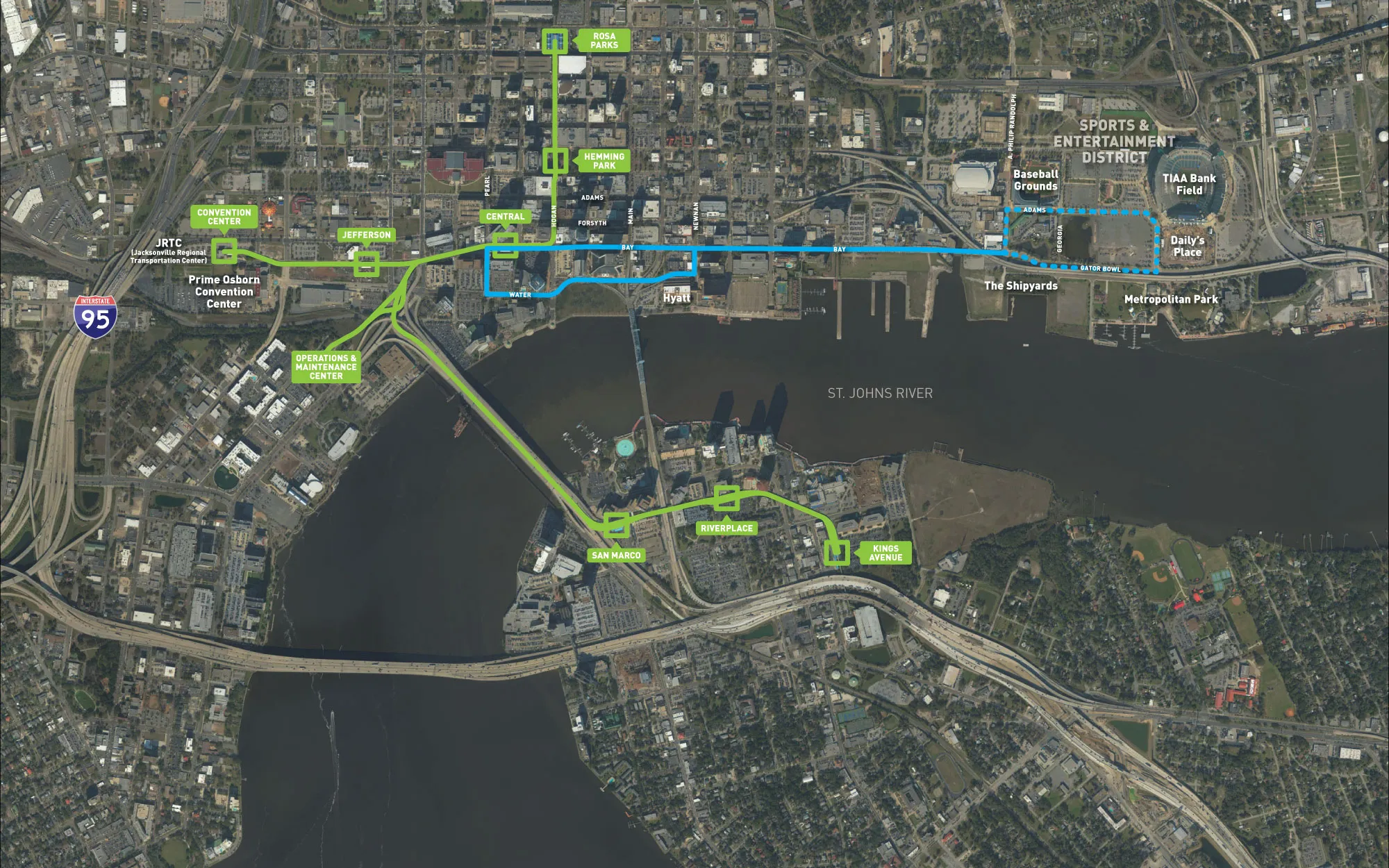The company will continue to use digital tools, such as drones, laser scanning and building information modelling across the city to enhance worker safety and improve asset information and decision making. In addition, the technology is also aimed at benefitting road users and the local economy with fewer road closures and restrictions.
As part of the extended contract, BBLP has pledged in excess of £500,000 ($661,000) investment in local apprenticeships, graduates and those not in Education, Employment or Training, and £100,000 ($132,000) in local suppliers.
BBLP’s 10 year contract to manage the City’s public safety and traffic CCTV has also been included as part of the extension.
Steve Helliwell, managing director, Balfour Beatty Living Places, said, “We have significant experience in the highways industry and are dedicated to identifying new technologies which will benefit Southampton City Council and the city’s residents. We are very pleased with the decision of Southampton City Council to extend our contract, a move which demonstrates the strength of our relationship and quality of works we provide.”
Balfour Beatty Living Places secures five year contract extension from Southampton City Council
Balfour Beatty Living Places (BBLP) has been awarded a five year Highways Services Partnership contract extension by Southampton City Council which aims to provide an efficient, sustainable and community focused highways service. The extension builds on a 10 year contract which started in October 2010 and increases it until the end of September 2025.
November 2, 2017
Read time: 2 mins








